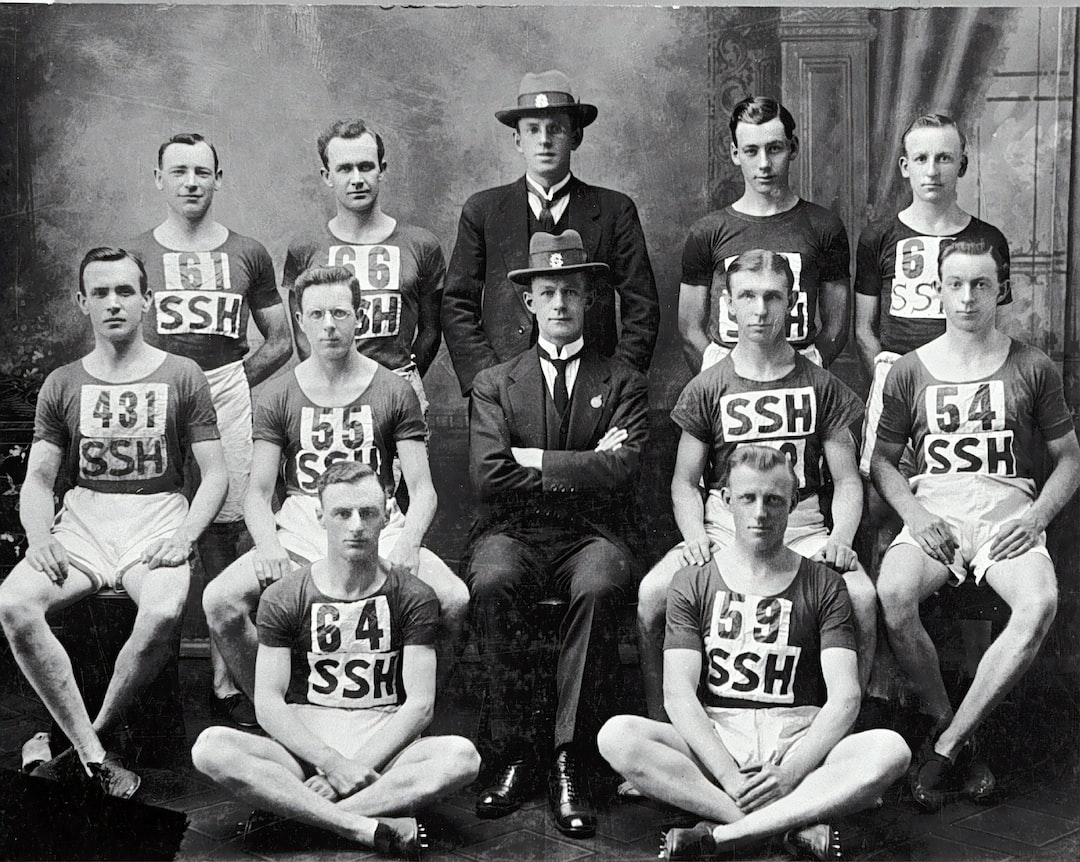The Role of Sleep in Athletic Recovery
Sleep is often hailed as one of the most important aspects of our daily lives, and for good reason. Adequate sleep is essential for overall health and well-being, but it becomes even more critical for athletes who wish to optimize their performance and support their body’s recovery processes. While proper nutrition and regular exercise are commonly recognized as pillars of athletic success, the role of sleep in athletic recovery is often overlooked. In this blog post, we will explore the significance of sleep in sports performance and its impact on an athlete’s ability to recover and excel.
Sleep is a vital component of the body’s recovery mechanisms, particularly for athletes who often push their bodies to the limits during training and competition. During sleep, the body undergoes essential restorative processes, such as muscle repair, hormone regulation, and the strengthening of the immune system. Without sufficient sleep, these processes can be disrupted, leading to decreased athletic performance and increased risk of injury.
One of the most critical aspects of athletic recovery is the repair and regeneration of muscles. When we exercise, our muscles experience microscopic damage, which is necessary for muscle growth and adaptation. However, it is during sleep that the body produces human growth hormone (HGH), a hormone that is crucial for muscle repair and development. Inadequate sleep can hinder the body’s ability to produce adequate HGH, which can impede muscle recovery and growth.
In addition to muscle repair, sleep also plays a significant role in hormone regulation. Sleep deprivation has been shown to disrupt the balance of hormones, such as cortisol and testosterone, which are essential for athletic performance. Cortisol, often referred to as the stress hormone, is necessary for energy regulation during exercise. However, excessive levels of cortisol due to sleep deprivation can impair muscle tissue repair and recovery. On the other hand, testosterone, known for its anabolic effects on muscle growth, is significantly reduced when sleep is inadequate. This can impact an athlete’s ability to build and maintain lean muscle mass.
Furthermore, sleep deprivation can weaken the immune system, leaving athletes more susceptible to illness and infection. Intense training can already suppress the immune system temporarily, and lack of sleep further compromises its ability to defend against pathogens. This can result in frequent illnesses, prolonged recovery periods, and a decrease in overall performance. On the other hand, adequate sleep enhances immune function, allowing athletes to better resist potential illnesses and maintain their training regimens without disruption.
Moreover, sleep has a significant impact on cognitive function and mental well-being, which are crucial for athletic performance. Lack of sleep can impair focus, reaction time, decision making, and mood regulation. Studies have shown that sleep deprivation can lead to decreased cognitive performance similar to that experienced after consuming alcohol. This can have a detrimental effect on an athlete’s ability to make split-second decisions during competitions and effectively execute their skills.
Athletes should aim for 7-9 hours of quality sleep per night to optimize athletic recovery. However, it’s not just the quantity of sleep that matters; the quality of sleep is equally important. Factors such as sleep environment, routine, and sleep disorders can significantly impact the quality of sleep obtained.
In conclusion, sleep plays a pivotal role in athletic recovery. It is during sleep that the body repairs muscles, regulates hormones, strengthens the immune system, and enhances cognitive function. Athletes who prioritize sleep as part of their training regimen are more likely to experience improved athletic performance, decreased risk of injury, and overall better physical and mental well-being. Therefore, a good night’s sleep should never be underestimated in the pursuit of athletic excellence.
